u.lab 0x - Syllabus
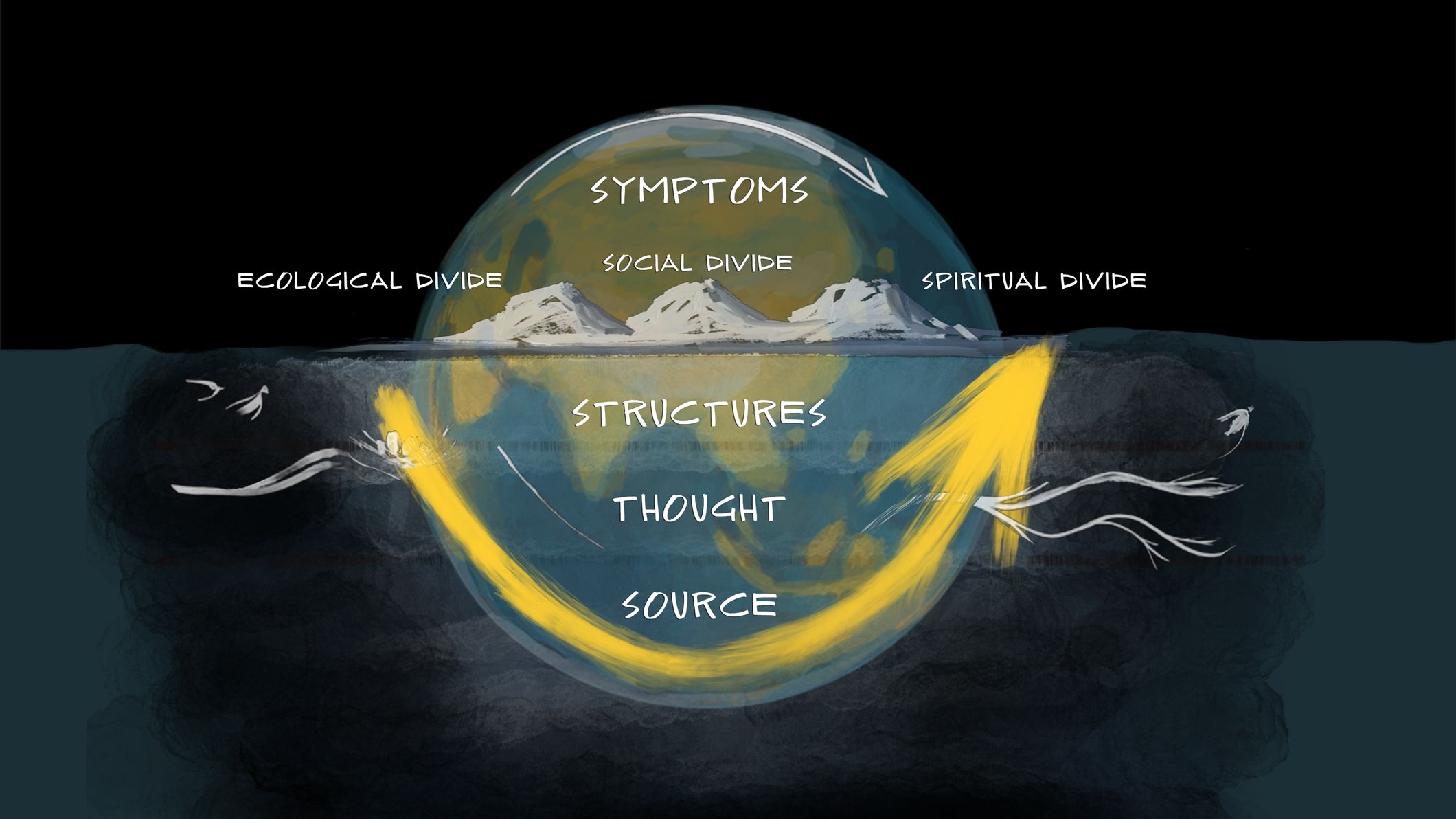
[Click here to download the Syllabus as a PDF]
Welcome
Welcome to u.lab 0x!
This 90-minute course will introduce you to Theory U, a framework and method developed at MIT and practiced by individuals, organizations and larger communities around the world to learn from the emerging future.
You may be wondering: a 90-minute course? Why so short?
The reason is that u.lab 0x is actually just the entry point to a longer journey and emerging global network – both of which you will have the opportunity to join after completing this course.
In u.lab 0x, you will learn about people, projects, new collaborative learning environments, and social technologies that work to transform the economy and society from within. If you’re interested in joining this journey and network (and we’ll say more about both below), this course will help you identify an issue or challenge to work on, and will introduce you to the resources available in the u.lab community to support you.
Before we get to the 0x syllabus, let’s look at what this journey and global network actually is. We call it the u.lab for systems leadership. It exists online, and offline in locations all around the world. It involves a few edX courses, multi-stakeholder change labs, place-based innovation hubs, and social technologies (such as Theory U).
Co-initiated over the past two decades by action researchers at MIT and the Presencing Institute, the u.lab for systems leadership enables leaders to address the deeper sources of today’s societal challenges. As the figure above indicates, today’s global challenges require new structures, and new mindsets, new sources of awareness and creativity across social systems. The u.lab supports leaders to operate from these deeper levels by:
- Co-convening cross-sector innovation labs for leaders in business, government, and civil society
- Supporting place-based hubs, where change makers from diverse backgrounds come together to prototype solutions to challenges that they need each other in order to solve
- Developing massive capacity building mechanisms that leverage emerging educational technologies (like MOOCs!) and using them in novel ways to scale change
- Inventing and openly sharing new social technologies that catalyze massive positive change towards addressing the ecological, social, and spiritual challenges of our time
The u.lab for systems leadership aims to strengthen the capacity of individuals, communities, institutions and systems to respond to the increasing flow of disruptive challenges – not through a single intervention, but through an innovation ecosystem that activates the dormant potential of aspiring social entrepreneurs, change makers within organizations and communities around the world.
As listed above, to support this rapidly growing network, we offer change labs focused on key “acupuncture points” for economic transformation, facilitate a global network of hubs, create freely distributed social technologies and offer capacity building mechanisms – the first of which is the u.lab 0x course you are about to begin.
u.lab on edX – How it works
The capacity building mechanisms mentioned above are offered through edX. Currently, we offer two courses (and are in the process of developing more). Here is an overview of how they work and interconnect.
u.lab 0x is a self-paced course. This means the entire course is always available and anyone can take it at any time, completing it at any pace. Within about 90 minutes, 0x introduces you to the key concepts that, in 1x, you will practice in your own local context.
u.lab 1x runs annually in September. The next course begins September 8th, 2016. All u.lab 1x participants must complete 0x as a pre-requisite. Unlike 0x, u.lab 1x is a globally facilitated eight-week course in which enrolled participants go through the course together, one week at a time. U.lab 1x is a significantly different course than 0x – it is far more experiential, dialogue-based, and local/global action-oriented. During 1x, participants form hubs and peer coaching circles, go on empathy walks in their local communities and participate in live sessions facilitated by the course team from MIT and around the world. In 2015, over 75,000 people from 183 countries enrolled in u.lab 1x, making it a truly global community of changemakers.
u.lab 2x (in development) a seven-week course for people who have been inspired by u.lab 1x and want to take the seeds from that process to scale. u.lab 2x will showcase inspiring examples of awareness-based systems change across cultures. The course will illuminate the conditions, principles, and practices that enable collective shifts from ego-system to eco-system awareness. Each week, we will share examples from one of the key “acupuncture points” for societal transformation: eco-systems, business, finance, technology, wellbeing, health, education, and governance.
u.lab 3x (in development) u.lab 3x offers participants a five-week opportunity to take a deep dive into one of the systems / acupuncture points covered in u.lab 2x, learn more about that issue area, meet a community of fellow practitioners, and advance a self-initiated project in their chosen area.
Syllabus for 0x
Below, you will find some practical information about the 0x course, including course team bios, curriculum overview, grading, discussions and how to reach us with questions and/or ideas.
Team

Otto Scharmer
Otto is a Senior Lecturer at MIT, a Thousand Talents Program Professor at Tsinghua University, and co-founder of the Presencing Institute. He also chairs the MIT IDEAS program for cross-innovation in China and Indonesia. Otto introduced the concept of “presencing” — a framework of consciousness based systems change that empowers people and larger institutions to sense and co-shape the emerging future — in his bestselling books Theory U, Presence and Leading From the Emerging Future (the latter two co-authored).

Adam Yukelson
Adam is an Action Research Fellow at the Presencing Institute. In addition to co-facilitating u.lab and the digital architecture, he writes about, films and helps deliver Theory U-based initiatives that aim to create more sustainable, aware and inclusive economies.
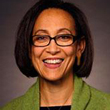
Dayna Cunningham
Dayna is Executive Director of the Community Innovators Lab (CoLab) at MIT. Dayna was previously an Associate Director at the Rockefeller Foundation and has also worked as a voting rights lawyer with the NAACP Legal Defense and Educational Fund.
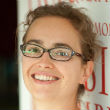
Julie Arts
Julie is an economist, working internationally as a Theory U practitioner, designing and hosting multi-stakeholder transition processes and leadership programs. Her recent work has focused on improving quality of life for people with disabilities in Belgium, developing innovative solutions for water quality in The Netherlands, an OD change process for Trager International and a 1-year Climate Change Leadership program in Burundi, Africa.
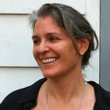
Kelvy Bird
Kelvy is a graphic facilitator specializing in systemic mapping of content within collaborative and multi-stakeholder environments.
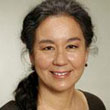
Arawana Hayashi
Arawana’s pioneering work as a choreographer, performer and educator is deeply sourced in collaborative improvisation. She currently heads the creation of Social Presencing Theater (SPT) for the Presencing Institute. Working with Otto Scharmer and colleagues at the Presencing Institute, she brings her background in the arts, meditation and social justice to creating “social presencing” that makes visible both current reality and emerging future possibilities.
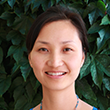
Lili Xu Brandt
Lili facilitates innovation. She enjoys exploring the dynamic tension between entrepreneurial and systemic forces by enabling deeper individual and collective creativity in community contexts in China and beyond.

Martin Kalungu-Banda
Martin is a consultant in organization and leadership development, a facilitator of innovation and change; trainer, coach and author. He is faculty for the Presencing Institute, and for HSBC Next Generation Development, HRH Duke of Edinburgh’s Commonwealth Study Conference for Leaders, and University of Cambridge Institute for Sustainability Leadership.
A number of other partners contributed to the production of u.lab 0x:
Doug McClean and Lana Scott (Video and Editing – MITx)
Ada Ketchie and Nathan Ketzin (Video and Editing – Northern Flicker)
Shelly Upton (edX platform support – MITx)
0x Curriculum
u.lab 0x has four modules:
- Systems thinking: The Iceberg model suggests that beneath the visible level of events and crises that define our world today, there are underlying structures, paradigms of thought, and sources responsible for creating them. If these are ignored, they will keep us locked into re-enacting the same old patterns time and again.
- Theory U: Learn the origins of Theory U and how it has been – and is being – applied in real world contexts around the world.
- The story of u.lab for systems leadership: Over two decades, we’ve learned that profound transformation in social systems is possible. But can it really go to scale? When we launched the u.lab MOOC in 2015, it was the first time we saw a way to bring awareness-based systems change to scale. Here we explain how it happened and how you can get involved going forward.
- Set your intention: What does all this mean for you? At the end of the course, we will ask you to upload a video or photo in which you share an issue or challenge you want to address in your u.lab journey going forward. We’ll combine these photos and videos into a montage that shows the diversity of change initiatives the u.lab community is working on around the world.
Grading
If you are taking 0x for a verified certificate, there are a few activities you will need to complete in order to pass the course. This includes watching the videos, completing the journaling exercises, word clouds and surveys, and uploading your photo or video at the end of the course. You will need to complete all of them in order to earn a certificate. It is up to you to complete the Check-ins at the end of each section and the Certificate Completion section in the final module where we ask you to self-report your progress.
Discussion Space
We have decided not to use the edX discussion board for this course, as its structure there makes it difficult to host meaningful dialogue amongst participants (and with the course team). We are currently developing a new discussion feature that we will integrate into 0x in mid-2017. For now, we encourage you to post questions, comments, and ideas to the u.lab Facebook page, or on Twitter using the hashtag #ulab:
u.lab on Social media
Twitter: @MITxULab
Facebook group: https://www.facebook.com/groups/MITxULab/
Facebook page: https://www.facebook.com/MITxU.Lab/
Contact the course team
If you would like to contact the course team directly, you can email us: u.lab@presencing.com. If you encounter technical problems in edX, please report them to this email address. If you’re writing with general questions or ideas, just keep in mind that we receive a high volume of emails, and while we will try our best to respond promptly, we may not be able to reply to all emails and may occasionally respond with a slight delay.
We’re delighted that you have decided to join us in u.lab, and look forward to getting to know you along the way!
On behalf of the u.lab team,
Adam, Julie, Otto